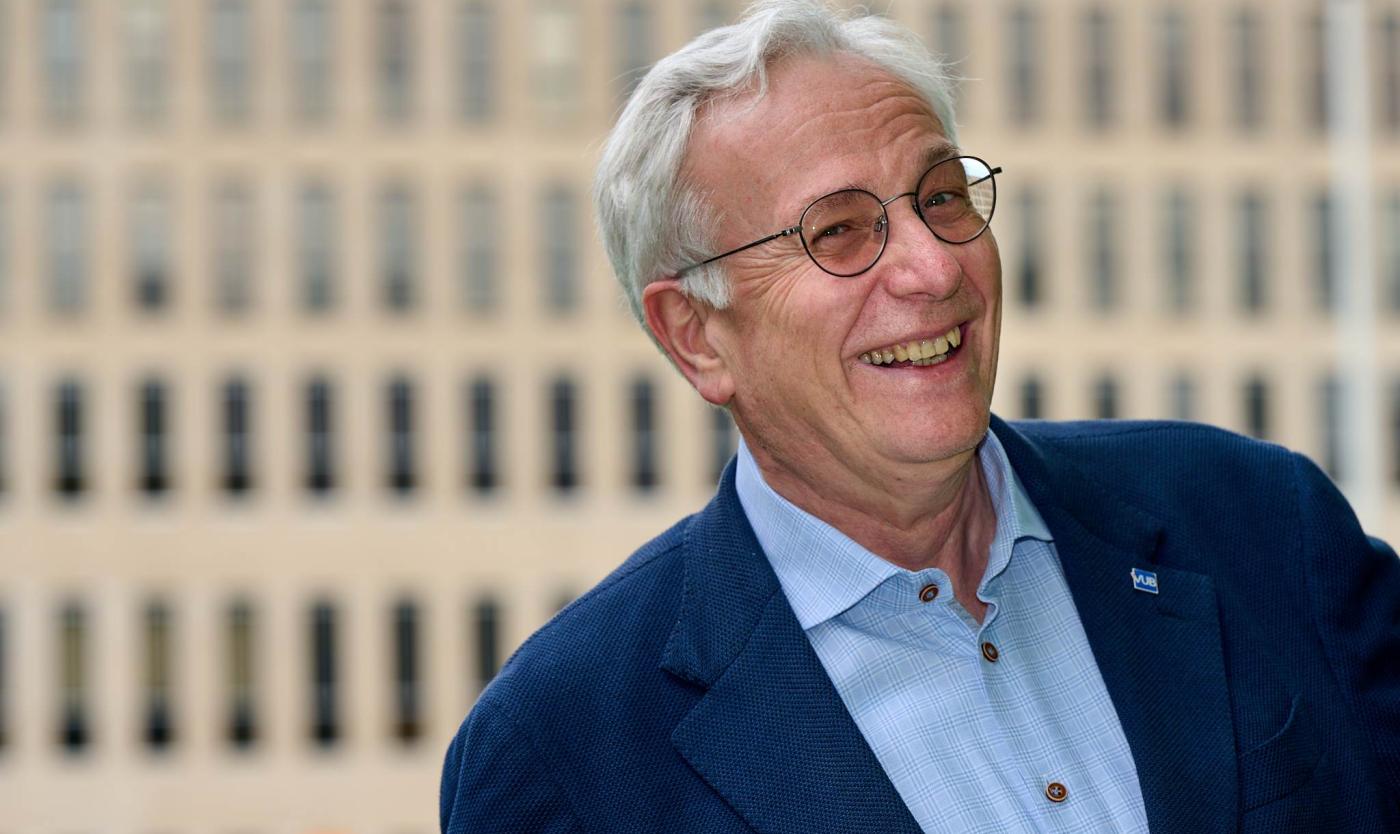
Professor of General Practice Medicine Dirk Devroey set himself the challenge of abstaining from alcohol for a month. This healthy endeavor was, perhaps, not so straightforward for someone who enjoys life to the fullest. How did he do?
What was the most challenging part of the past month?
Devroey shares, "The toughest moments were definitely when I was with friends, like watching football, for instance. These are occasions when you'd typically have a drink. However, I managed quite successfully not to consume alcohol. It was encouraging to see that my friends also spontaneously supported me by opting for mocktails instead."
How has your body recovered after a month?
"To be honest, I haven't felt a significant change, as I already avoided drinking four days a week. However, I did notice some weight loss. Previously, many a Sunday afternoon was lost. We used to pour ourselves generous glasses during lunch, and I often found myself dozing off on the sofa afterwards. Now, I enjoy the rest of the day much more."
What are the benefits of a 29-day hiatus from alcohol?
"I feel less tired and can stay awake longer. My concentration has improved as well. Having a couple of glasses at lunch used to make me less alert in the afternoon. My blood values have improved, too. I haven't measured them, but as a doctor, I'm certain of it. The same goes for my liver; the fat around it has definitely reduced after a month. The level of uric acid in my blood has decreased, leading to less joint pain. It's also known that abstaining from alcohol positively affects red blood cells. There are plenty of reasons to feel good. I've primarily learned that I can relax perfectly well without alcohol."

Is this a lasting positive outcome?
"I've become acutely aware that I can be happy without alcohol. You don't need that glass after work. If you're drinking to feel good, that's the start of an addiction. We too easily forget that it's a hard drug, just like heroin. Alcohol is available on every occasion: lunches, receptions, at sports clubs, and birthdays. You name it, alcohol is there."
Does abstaining for a month make it easier to drink less?
"Through this exercise, I've realized it's feasible. Now, I find myself reaching for non-alcoholic beer or wine more readily. Times have changed. In the past, the attitude was 'Have one, nobody will notice.' Now, the response is positive. No one tried to persuade me to have a drink. On the contrary, many respected my choice. These days, there's also a greater availability of non-alcoholic beverages. At receptions, alcohol-free options are readily available, and restaurants offer tasty alternatives too. It's liberating to realize this."
What did our students think?
Students also participated in Tournée Minérale and set aside alcohol for a month. What were their findings?
Notably in the feedback from those who participated: better sleep. Additionally, you guys also mentioned having more energy and a more balanced mood. All positive feedback!
"Better skin, better mood, better concentration, more energy" - Naomi
What were the main reasons for participating?
Students mainly mentioned that they participated to live healthier or to take on the challenge.
"For a long time, I have been thinking of quitting drinking completely (unless it's an actual special occasion like a wedding or birthday). Just refraining from drinking." - Fatima
Would you do it again?
"Definitely. Occasionally having a period without alcohol, not just in February." - Jerôme
"Yes, I didn't drink any alcohol throughout January. I wanted to continue this into February, but noticed that sometimes the social pressure was high. However, I am very happy that since the start of 2024, I consume much less alcohol and it remains very limited." - Lars